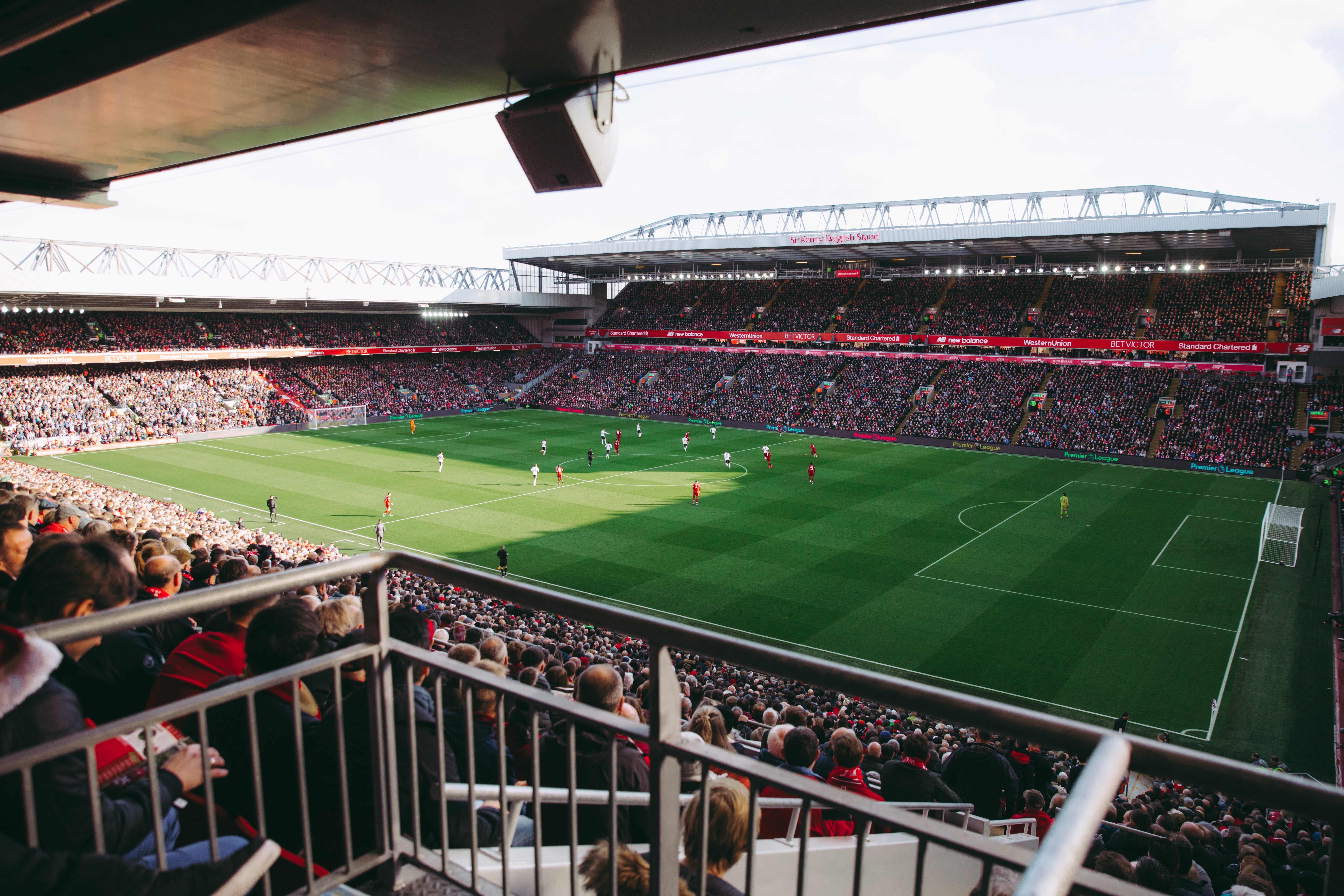
Why is a Football Match 90 Minutes?
Ever wondered why a standard football match is 90 minutes long? Well, A standard football match is typically 90 minutes long because that is the traditional duration agreed upon by international football governing bodies like FIFA and by most football associations around the world.
Why are Football Matches Played in 90 Minutes?
The 90-minute duration for a typical football match has been around since way back in 1866. It all started during a match between Sheffield and London, where they agreed to play for 90 minutes. Since then, it has become a golden rule that most football associations around the world stick to.
So, why 90 minutes? Well, it's kind of a tradition. Football history is steeped in this timeframe, and it just works. It provides a balanced and manageable period for teams to battle it out on the pitch.
Now, football isn't just a game, it's a physical challenge. Players need time to catch their breath, strategize, and maybe even grab a sip of water during halftime, 15 minutes. The two halves of 45 minutes each give them that chance to regroup and come back stronger.
Reasons Why a Soccer Match last 90 Minutes
In a typical soccer match, both men's and women's matches last 90 minutes, with a 15-minute half-time period and extra time depending on the stoppages and injuries. Before we look at other factors let's focus on the reasons why a soccer match lasts 90 minutes.
1. Tradition
First off, the 90-minute duration for a football match dates back to a historic clash between Sheffield and London way back in 1866. During this match, the teams agreed upon a 90-minute duration, and since then, it has become a universal rule embraced by football associations worldwide. This tradition is deeply woven into the fabric of the sport, reflecting its rich history and cultural significance.
2. Physical Demands
Football is no walk in the park, it's a sport that requires the topmost physical performance from players. The 45-minute halves, separated by a 15-minute halftime break, allow players to recharge and recuperate, ensuring they can give their best on the field.
3. Fairness
Fair play is at the core of football. The 90-minute duration ensures that both teams have an equal opportunity to compete, without any significant advantage or disadvantage due to playing time. It's all about keeping the game fair and square for everyone involved.
4. Broadcast Scheduling
In today's world of sports broadcasting, schedules are key. Fans and television broadcasters alike rely on predictable match durations to plan and enjoy the game.
The 90-minute standard makes it easier for everyone to tune in and follow the action, whether they're watching from the comfort of their living rooms or cheering in the stadium stands.
Also read: Why are football players paid so much?
Does a Football Match Always Last 90 Minutes?
While the 90-minute duration is the norm for professional football matches, there are exceptions and variations to keep things interesting. These exceptions are:
1. Extra Time
In some high-stakes competitions, such as knockout-stage matches, world cup finals, or any qualifying match, if the score is a draw at the end of regular time, extra time may be added. This gives teams a chance to break the deadlock and secure victory. Extra time consists of two additional 15-minute halves, and if needed, penalty shootouts can decide the winner.
2. Youth Games
When it comes to youth games, the duration may vary to accommodate the players' age and fitness levels. From shorter halves for under-six teams to the standard 90 minutes for players aged 17 and above, the game adapts to ensure a balanced playing experience for all.
3. Stoppage Time/Injury Time
Stoppage time, also known as injury time, is added at the end of each half to compensate for any delays in play. Whether it's injuries, substitutions, or general time-wasting, this additional time ensures that the full duration of the match is honored, giving every team a fair chance to shine.
4. Two-Legged Ties
In two-legged ties, where teams face off twice, the aggregate score from both matches determines the winner. Away goals hold special significance, and if the scores are still level, extra time and penalty shootouts may come into play.
5. Fergie Time
Ah, Fergie time, a term coined in homage to the legendary Sir Alex Ferguson. This refers to the additional time added at the end of a match, often sparking dramatic comebacks or last-minute goals that leave fans on the edge of their seats.
6. Penalties
When all else fails to break the deadlock, penalties offer a thrilling finale. Each team takes turns shooting from the penalty spot, with the pressure on to score and secure victory. It's a test of nerves and skill that can lead to unforgettable moments on the field.
Author’s Opinion and Advice
So, there you have it, why a football match lasts 90 minutes and the various factors that can influence its duration. From tradition and fairness to the thrill of extra time and penalties, every aspect of the game adds to its magic and excitement.
Whether you're a die-hard fan or a casual observer, the beauty of football lies in its unpredictability and the timeless moments that unfold on the field. Therefore, Football isn't just about scoring goals or winning matches, it's a tapestry of emotions, weaving together triumphs, setbacks, and the unbreakable bonds forged on the field.
Read More:






